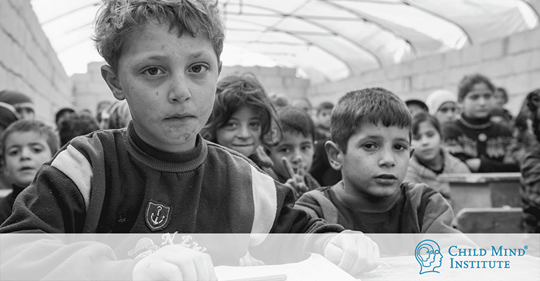We tend to think of trauma as a result of a frightening and upsetting event. But many children experience trauma through ongoing exposure, throughout their early development, to abuse, neglect, homelessness, domestic violence or violence in their communities. And it’s clear that chronic trauma can cause serious problems with learning and behavior.
Trauma is particularly challenging for educators to address because kids often don’t express the distress they’re feeling in a way that’s easily recognizable — and they may mask their pain with behavior that’s aggressive or off-putting. As Nancy Rappaport, MD, a child and adolescent psychiatrist who focuses on mental health issues in schools, puts it, “They are masters at making sure you do not see them bleed.”
Identifying the symptoms of trauma in children can help educators understand these confusing behaviors. And it can help avoid misdiagnosis, as these symptoms can mimic other problems, including ADHD and other behavior disorders.
Click HERE for an excellent resource on childhood trauma by Child Mind Institute.

